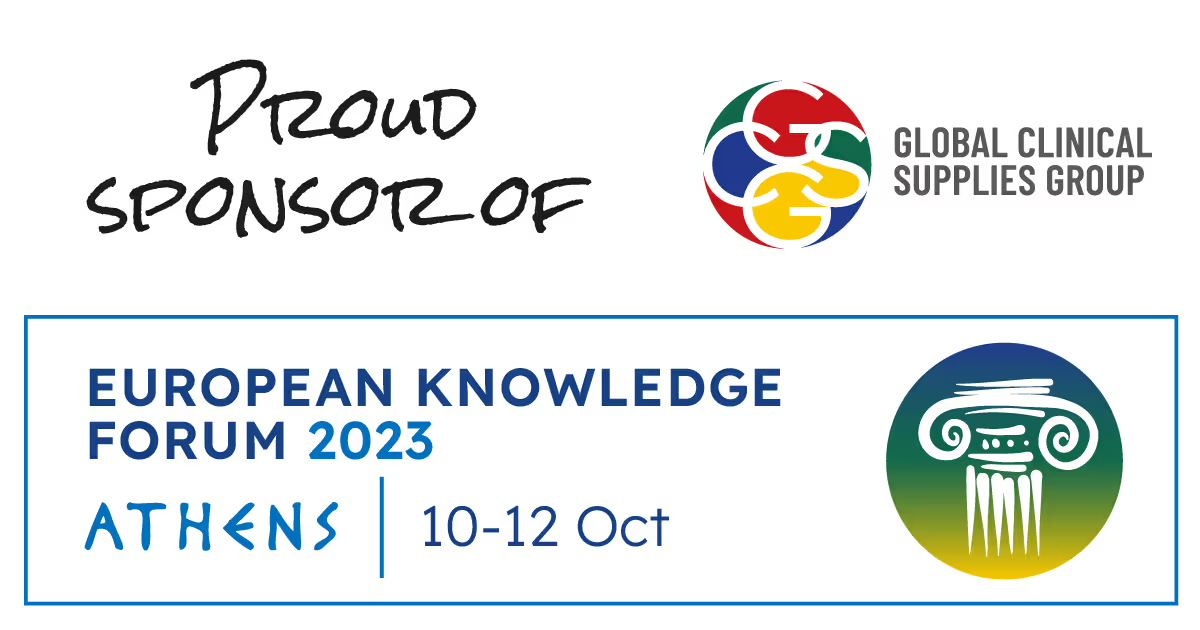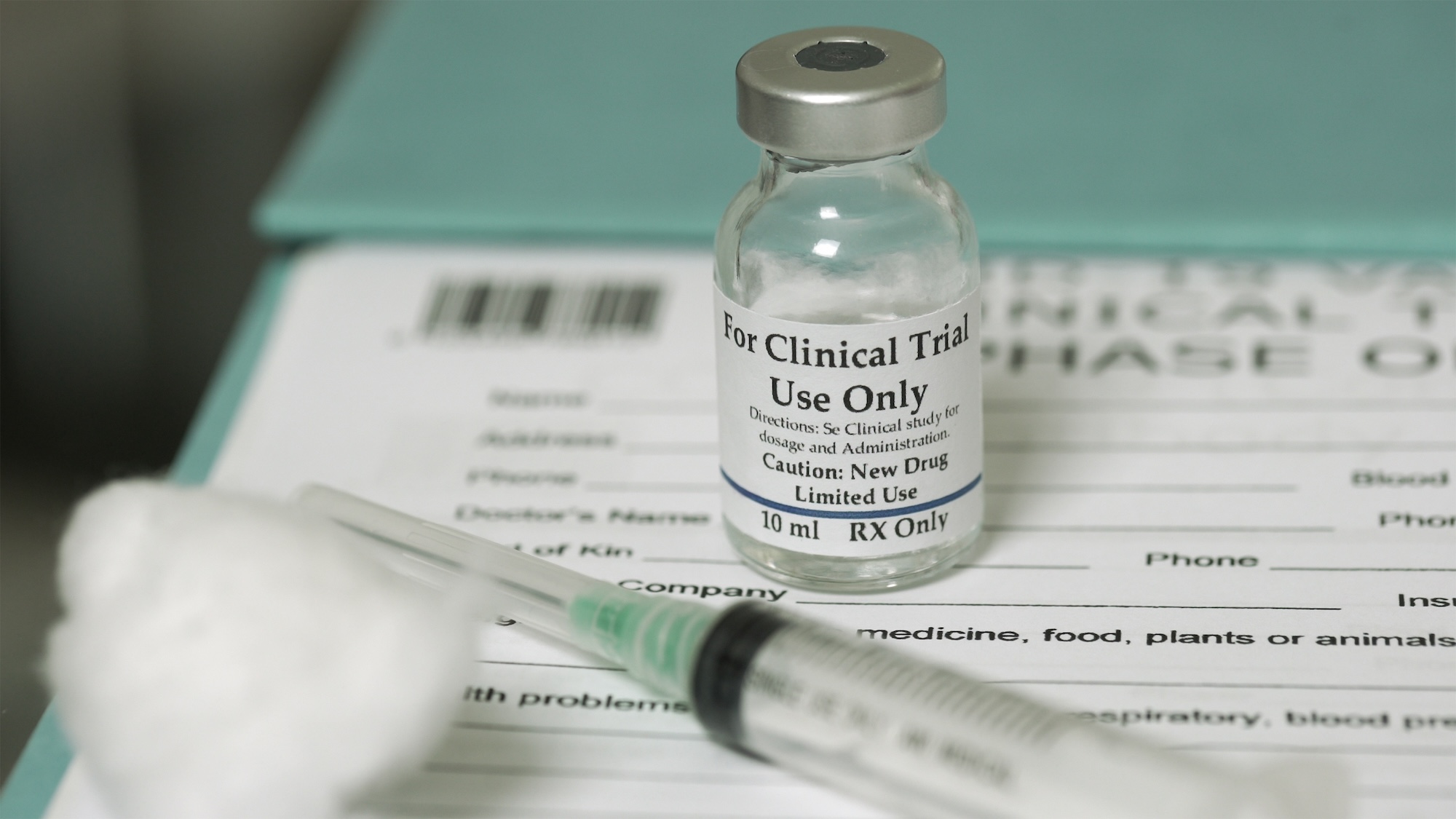How to Scale Up Your Clinical Trials

Very often, clinical trials involve many manual tasks that can be time-consuming and error-prone, causing delays. Several barriers to success occur during clinical trials, where 90% of drug candidates fail at some point during testing. When this happens, scientists are forced to start the process all over again. This can make clinical trials take a very long time, sometimes more than a decade. It also prevents larger studies from being designed in a time- and cost-effective way.
By automating manual tasks and integrating systems, it can improve every stage of trial design, from patient-screening to temperature-monitoring, making each step more efficient and accurate. Automation provides an excellent solution by streamlining processes, reducing mistakes, and offering real-time data.
Key Benefits of Automation
- Efficiency and Accuracy: Automated systems reduce the need for manual tasks, minimizing human error and freeing up time for clinical staff. This can include automating data entry, patient monitoring, and temperature tracking. Real-time data allows for quick corrective actions and ensures that trials stay on schedule.
- Compliance and Quality Management: Automated systems help ensure compliance by maintaining accurate records and generating necessary documentation for audits and regulatory submissions. This simplifies quality management and helps maintain high standards.
- Improved Data Management: Clinical trial regulations require extensive data transparency and long-term data retention. Automated systems facilitate the collection, storage, and analysis of all types of trial data, creating a comprehensive and accessible database. This is crucial for long-term compliance, as sponsors and investigators often must archive clinical trial data for more than 25 years.
Why Automated Temperature Monitoring in Clinical Trials is Crucial
Automated temperature monitoring is a game-changing technology to enable faster clinical trials processes and can contribute to shortening study timelines by reducing time kits spend in quarantine. It increases efficiency, enhance compliance with strict regulatory standards, improves data management, and ultimately accelerates the delivery of new drugs to market.
As the pharmaceutical industry continues to innovate and adopt new trial designs, such as Decentralized Clinical Trials and Direct-to-Patient, the importance of reliable temperature monitoring systems cannot be overstated.
By integrating automated temperature monitoring into clinical trial processes, pharmaceutical companies can overcome significant barriers to trial efficiency and effectiveness. This not only speeds up the development and approval of new therapies but also ensures that these therapies reach patients in the safest and most effective way possible. In an industry where time is crucial and lives are at stake, embracing automation in temperature monitoring is essential.
Temperature Monitoring in Decentralized Clinical Trials
Decentralized Clinical Trials (DCTs) allow trial activities to take place outside traditional clinical settings, such as in participants' homes. While DCTs offer greater flexibility and convenience for patients, they also introduce complexities in the supply chain, particularly regarding temperature control.
Automated temperature monitoring is essential in DCTs to ensure that drugs are stored and transported under optimal conditions. By using seamless and integrated systems, sponsors can maintain the integrity of the trial regardless of location, ensuring that participants receive drugs in their intended state. This is particularly important for maintaining GxP compliance and ensuring that data collected from DCTs is reliable and valid.
The Impact of Automated Temperature Monitoring in Clinical TrialsFaster Trials: By eliminating the need for manual temperature checks, automated systems speed up the trial process and increase the dispense rate. This is especially important in urgent situations, such as during pandemics or for drugs that address critical health issues. Cost Savings: While the initial investment in automated systems may be higher, the long-term savings are significant. Reduced labor costs, fewer delays, and a lower risk of temperature-related drug spoilage result in substantial financial benefits. Enhanced Patient Safety: Keeping drugs within their optimal temperature ranges is crucial for patient safety. Automated systems provide reliable monitoring, reducing the risk of administering compromised drugs and ultimately increasing the sponsor credibility. Simplified Reporting: Automated temperature monitoring systems make it easier to generate compliance reports, helping to meet regulatory requirements and prepare for audits. This not only saves time but also ensures the accuracy and completeness of the data. TSS Clinical Module > |
Sources:
'Regulation (EU) No 536/2014 of the European Parliament and of the Council of 16 April 2014 on clinical trials on medicinal products for human use'
'US FDA Clinical Trials and Human Subject Protection'
'Streamlining clinical trials for patients and clinicians through digital'
'Modern technologies are doubling the odds of scientists making life-changing medical discoveries'
You may also be interested in

GCSG Athens 2023 Vendor Showcase Hosted by TSS

Join Us at LogiPharma Europe 2025

Innovation flourishes when different perspectives meet
You may also be interested in

TSS Sponsors the 27th Annual Clinical Trial Supply Europe 2026 in Barcelona


